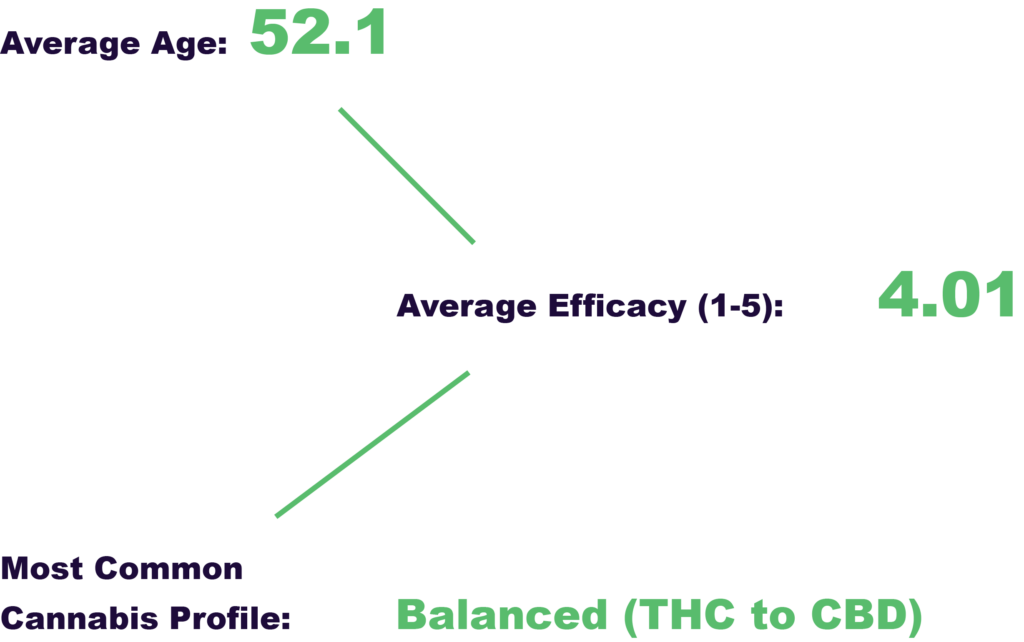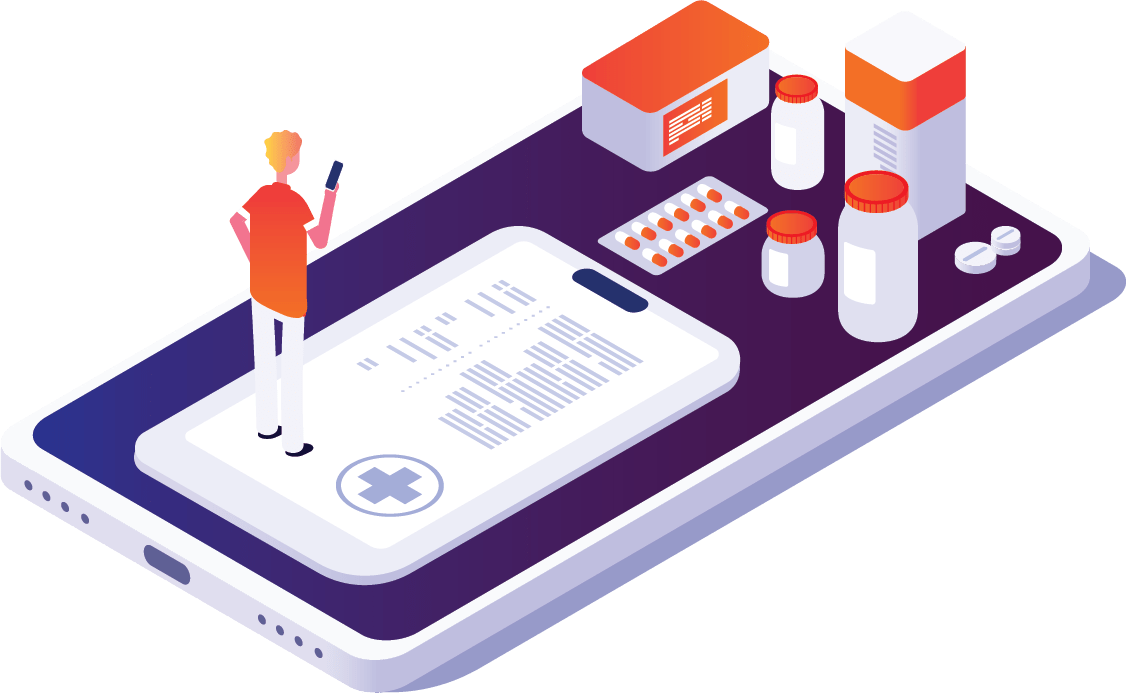More Treatment Options, Better Patient Outcomes
As more states start to pass medical marijuana legislation, patients benefit from having more options available to them regarding their treatment. In fact, a recent study from Columbia University’s Irving Medical Center found that,
“States with active medical marijuana laws saw certain opioid prescription rates drop nearly 20 percent compared to states without medical marijuana programs”.
These findings highlight the importance of providing patients with options, especially when treating pain, that consider the negative effects of ‘industry norm’ medications. Our de-identified data in Arfinn Med of patients using cannabis to treat pain finds similar outcomes mentioned in the research:

If you are someone interested in learning more about medical marijuana, make sure to speak to your doctor about the potential benefits and risks associated with it. If your doctor is unsure about its use and efficacies, make sure they register for Arfinn Med so they can query a database of de-identified data, opt-in to more rigorous patient monitoring tools, and track patient efficacies and treatment pathways through our electronic medical record system.





